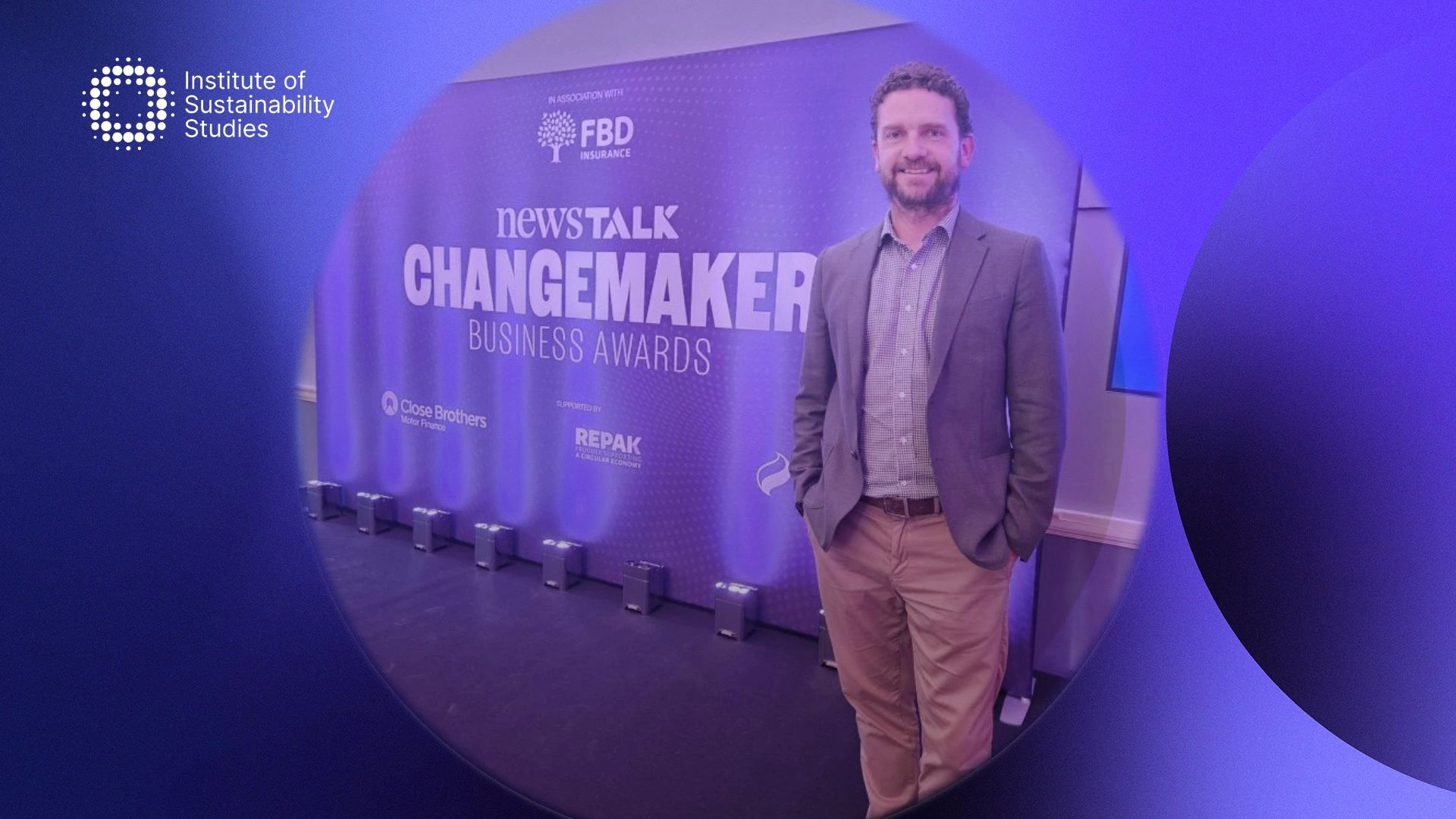According to a report from First Insight and the Baker Retailing Center at the Wharton School of the University of Pennsylvania, consumers across all generations are happy to spend more on sustainable products.
They want to buy from sustainable businesses that minimise their impact on the planet. This is why so many organisations focus on Environmental, Social, and Governance (ESG) values, but what exactly is an ESG score? How does it work, and why is it so important?
About ESG Scores
An ESG (Environmental, Social, Governance) score is a measurement of a company’s exposure to long-term social, environmental, and governance risks that are typically overlooked throughout traditional financial analyses. Each of these risks can have financial consequences. Businesses with strong ESG ratings manage their ESG risks efficiently compared to other peer organisations.
By contrast, a poor ESG rating shows that a business has much higher ESG risks. To calculate your ESG score, you can go to ESG rating agencies. There are hundreds of these rating agencies that provide you with the scores. For example, Thomson Reuters ESG Research Data, Bloomberg ESG Data Services, S&P Global, and Dow Jones Sustainability, among others. The firms develop individual criteria for assessing your performance concerning EDG.
Most rating providers will consider ESG data made through voluntary disclosure frameworks like the Value Reporting Foundation’s (VRF) SASB Standards, CDP, the Global Reporting Initiative (GRI) and the UN Sustainable Development Goals (SDGs) a significant source. From here, they transform the ESG metrics, such as your board diversity or carbon emissions, into environmental, social, and governance ratings. This is then converted into a single rating.
What are ESG Score Criteria?
As mentioned above, ESG score rates these three categories – environment, social, and governance. Some of the environmental scoring factors could include an organisation’s greenhouse gas emissions, its adoption of renewable energies, or its treatment of animals.
The social scoring factors generally surround an organisation’s relationship with its employees, partners, shareholders, stakeholders, and various other groups within its supply chain. Issues such as how workers are treated and whether a working environment is safe are taken into consideration here.
The social category also can focus on an organisation’s charitable contributions, policy influence, and community impact. Governance scoring criteria then assess the compliance and legal issues and board operations. For example, whether the business abides by all relevant laws and if the board is diverse.
Learn to improve ESG scores and enhance your organisation’s sustainability performance with a comprehensive and practical education in business sustainability
Why ESG Scores Matter
As mentioned previously, there is a growing demand for businesses to embed ESG values into how they operate their organisations. This not only assists growth with customers but an ESG score helps investors objectively measure a company’s ESG performance. Investors can then comprehend the risks to the business and understand the opportunities that are present.
All in all, ESG scores can help investors better identify opportunities and risks in the future. This helps them become increasingly disposed to longer-term strategic thinking and place their attention on creating long-term value. Research has also found businesses adhering to these principles are more resilient over time and lower-risk investments.
Summary
An organisation’s ESG score determines how a company performs on the environmental, social, and governance principles and assesses its ESG risks. These principles are calculated against several ESG metrics. A company’s performance on these pillars is becoming increasingly important as it determines the business’s future risks and long-term value.
Equip your teams with the knowledge to meet evolving ESG expectations — explore our corporate compliance training to strengthen governance and drive responsible business practices.










